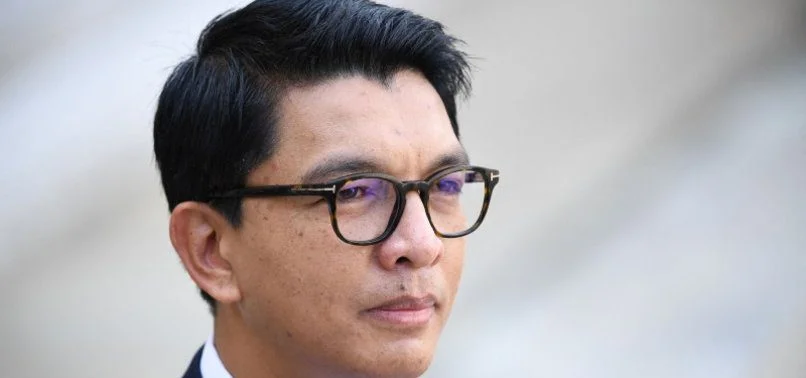Andry Rajoelina has been re-elected as the president of Madagascar in an election that was marked by a significant boycott from the opposition. Rajoelina, who has held power in the country for multiple terms, secured victory in a vote that many critics have condemned as lacking transparency and inclusivity. The election, held amidst a tense political climate, has raised concerns about the legitimacy of the process and the future stability of the island nation.
Background of the Election
The 2024 presidential election in Madagascar was expected to be a crucial moment for the country, offering an opportunity to address long-standing economic and political issues. However, as the election day approached, several opposition parties, including the camp of Rajoelina’s main rival Marc Ravalomanana, called for a boycott, citing allegations of unfair practices and voter suppression.
The opposition accused Rajoelina’s government of manipulating the electoral process, arguing that the playing field was not level and that the incumbent had an unfair advantage. This led to a large portion of the political spectrum withdrawing from the race, leaving Rajoelina with little serious competition.
The Election Results
Despite the boycott, the election proceeded, with Andry Rajoelina emerging as the clear winner. The official results showed that he garnered a substantial majority of the votes cast. However, with many voters staying away from the polls, the turnout was low, further fueling concerns about the legitimacy of the process.
Observers noted that Rajoelina’s re-election was almost guaranteed due to the lack of opposition candidates and the widespread apathy among the electorate. The low voter turnout has sparked debates about whether the election truly reflects the will of the people or if it was more of a formality, ensuring Rajoelina’s continued grip on power.
Opposition Response
The boycott of the election by the opposition was not merely symbolic; it reflected deep dissatisfaction with how the electoral process was conducted. Opposition leader Marc Ravalomanana, a former president who has a long-standing rivalry with Rajoelina, was among those who refused to participate, claiming that there was no chance of a fair contest under the current regime.
Ravalomanana and other opposition figures have accused Rajoelina of consolidating power through undemocratic means, including controlling state institutions and media, which they argue gave him an overwhelming advantage during the campaign period. Their decision to boycott the election was intended to delegitimize the outcome and highlight what they see as the erosion of democratic norms in Madagascar.
International Reaction
The international community has expressed mixed reactions to the election. While some countries and organizations congratulated Rajoelina on his re-election, others voiced concerns about the fairness of the process. Human rights groups and electoral observers have pointed out issues such as voter intimidation, lack of transparency, and the absence of a strong opposition presence in the race.
Some international bodies, including the African Union and the United Nations, have called for calm and urged all political parties to engage in dialogue to resolve the country’s political differences peacefully. However, the opposition has so far refused to recognize the results, calling for further investigations into the conduct of the election.
The Challenges Ahead
As Rajoelina embarks on another term as president, he faces significant challenges in uniting the country and addressing the growing political divide. The boycott by major opposition parties means that a large section of the population feels alienated from the political process, potentially leading to further unrest and instability.
Economically, Madagascar continues to struggle with widespread poverty, food insecurity, and the impacts of climate change. The southern regions of the country have been particularly hard-hit by droughts, leading to famine-like conditions that require urgent attention. Additionally, the country’s infrastructure remains underdeveloped, and many rural areas are cut off from basic services.
Rajoelina’s government will need to tackle these issues head-on to restore public confidence and deliver on his promises of development and modernization. However, with much of the opposition refusing to engage with his administration, it remains to be seen how effective he will be in enacting the reforms needed to lift Madagascar out of its current challenges.
Conclusion
Andry Rajoelina’s re-election in a boycotted poll has sparked controversy and raised questions about the future of democracy in Madagascar. While his supporters celebrate his continued leadership, the absence of a credible opposition in the election casts a shadow over the legitimacy of the results.
As Madagascar moves forward, the political landscape remains uncertain. Whether Rajoelina can bridge the divide and address the pressing needs of the country will depend on his ability to foster dialogue, rebuild trust, and implement the changes necessary to improve the lives of Madagascar’s citizens. For now, the country faces an uphill battle in overcoming its deep-seated political and economic challenges.





















